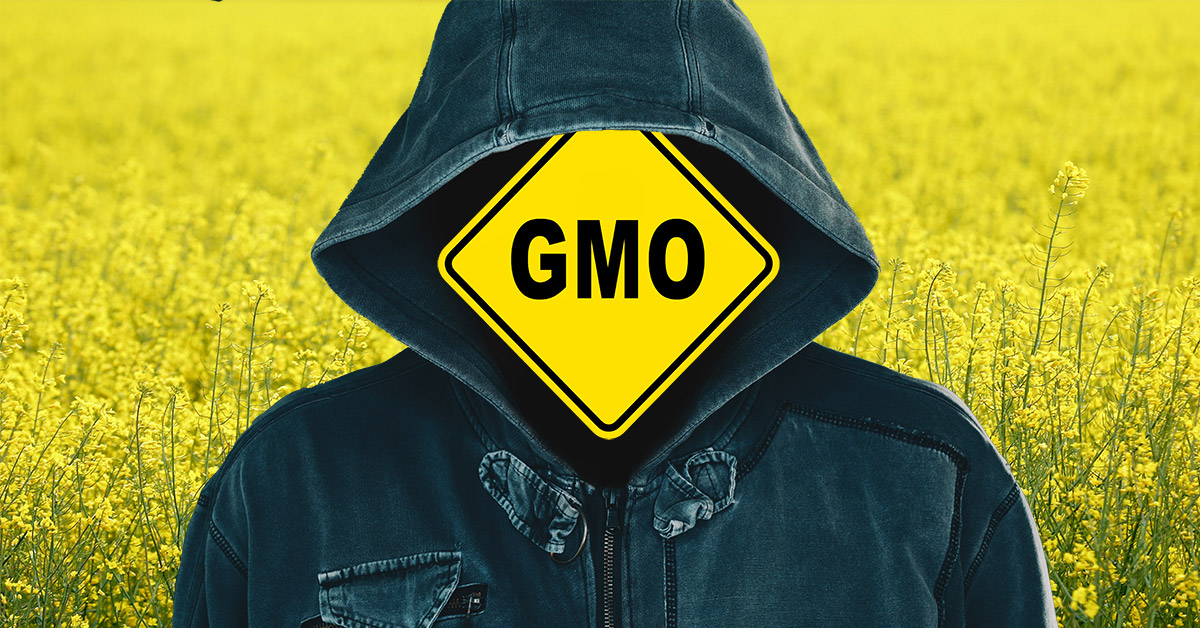
GMO-free success story "would be massively threatened if plants produced with new genetic engineering were to come onto the market untested and unlabelled"
The EU Commission's genetic engineering deregulation plans threaten consumers, the "Produced Without Genetic Engineering" (“Ohne Gentechnik”) label – and the organic economy, says the German GMO-Free industry association VLOG. The new German government can play a decisive role in stopping these plans, says VLOG.
According to the Commission, all options are still open. A “high-level conference” is taking place in Brussels today.
In the run-up to the “Modern Biotechnologies in Agriculture” conference, EU Health Commissioner Stella Kyriakides wrote in a letter to “Ohne Gentechnik” as well as organic and environmental associations that all options would be considered in the ongoing consultation process, including maintaining the status quo. That would mean that new genetic engineering would continue to be regulated as GM.
Alexander Hissting, managing director of VLOG, said: “The EU Commission must realise that genetic engineering deregulation is not an option. The new German federal government with Cem Özdemir in the agriculture ministry and Steffi Lemke in the environment ministry can and must, as a powerful voice in the EU, make a decisive contribution to convincing them of this."
Hissting added, "GMO-free food is booming, both in the organic and conventional sectors. This success story would be massively threatened if plants produced with new genetic engineering were to come onto the market untested and unlabelled. GM-free conventional and organic products would not be safe from contamination. A loss of consumer confidence and massive economic losses would be the result."
As secretary general of the ENGA (European Non-GMO Industry Association), Heike Moldenhauer represents the interests of the GMO-free economy on the panel “Engaging consumers and empowering them to make informed choices” at today's conference. She explained: “Consumers in the EU do not want GMOs in food, that applies to both old and new genetic engineering. The EU Commission has so far completely ignored this. When it comes to new genetic engineering, it refuses to accept transparency and freedom of choice. It wants to completely abolish the risk assessment for the majority of plants produced using new genetic engineering. But risk assessment is essential for the food trade because it is responsible and liable for the safety of its products."
She continued, "Genetic engineering labelling is just as important because it is the only way to guarantee control over the product chains and freedom of choice. The Commission must stop its deregulation plans for new genetic engineering immediately, in the interests of consumers and large parts of the European food trade, which in a resolution is clearly in favour of maintaining the current legislation."
Germany's incoming coalition government has pledged to cut herbicide use (including withdrawing glyphosate by 2023), improve the welfare of farm animals, and restrict advertising of sugary foods.
The new government also wants to achieve a 30% level of organic farming in Germany by 2030. More financial support will be provided to farmers to switch from conventional to organic farming, it said.
The full text of the coalition government agreement (in German) is here.